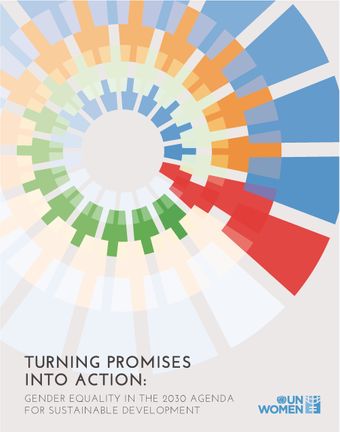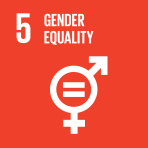- Home
- Books
- Turning Promises Into Action
- Chapter
Recognizing, reducing and redistributing unpaid care and domestic work

- Author: United Nations Women
- Main Title: Turning Promises Into Action , pp 214-244
- Publication Date: June 2018
- DOI: https://doi.org/10.18356/1916aa05-en
- Language: English French, Spanish
Unpaid care and domestic work is a foundation of sustainable development. It sustains people on a day-to-day basis and from one generation to the next. Without it, individuals, families, societies and economies would not be able to survive and thrive. Yet everywhere, caregiving is devalued. As girls and women are the default providers of care, this means they are less able to access income-generating work, escape poverty, be financially independent and accumulate savings, assets or retirement income for their later years. It also means less time for schooling and training, political participation, self-care, rest and leisure. This has profound implications for gender equality and women’s and girls’ enjoyment of their rights, as well as having wider ramifications for poverty, inequality and the achievement of sustainable development. Furthermore, time and resource constraints among some groups that are both time-poor and income-poor translate into care deficits, especially for children, reproducing disadvantage from one generation to the next.
-
From This Site
/content/books/9789213632840c008dcterms_title,dcterms_subject,pub_keyword-contentType:Journal -contentType:Contributor -contentType:Concept -contentType:Institution105


